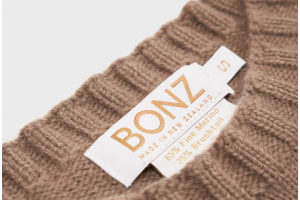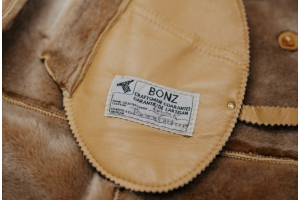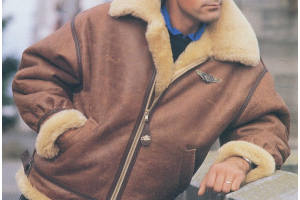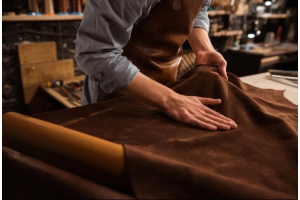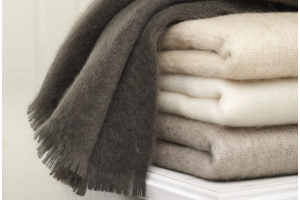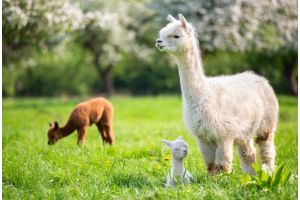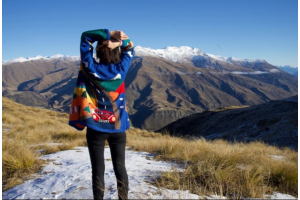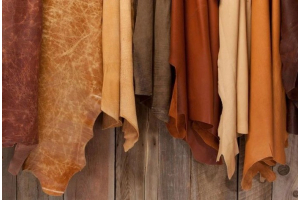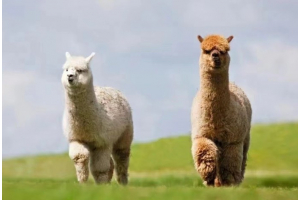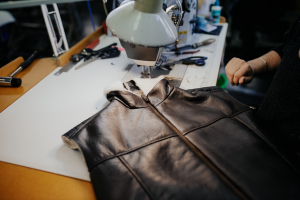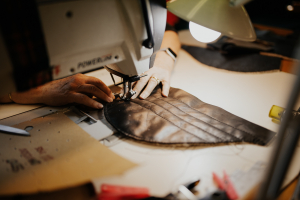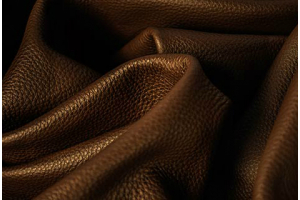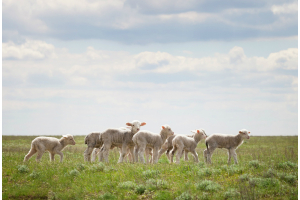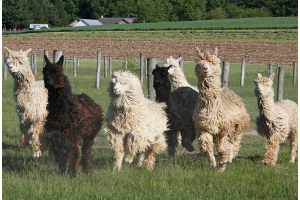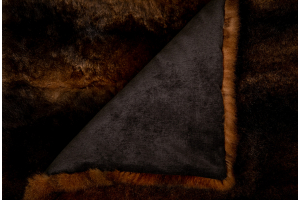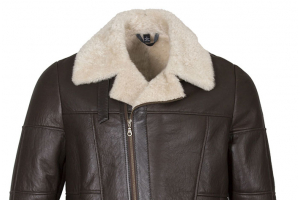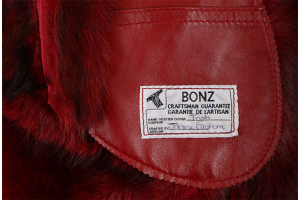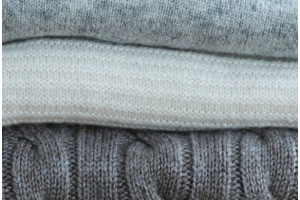We use cookies to ensure that we give the best experience on our website. Click here for more information
Cashmere
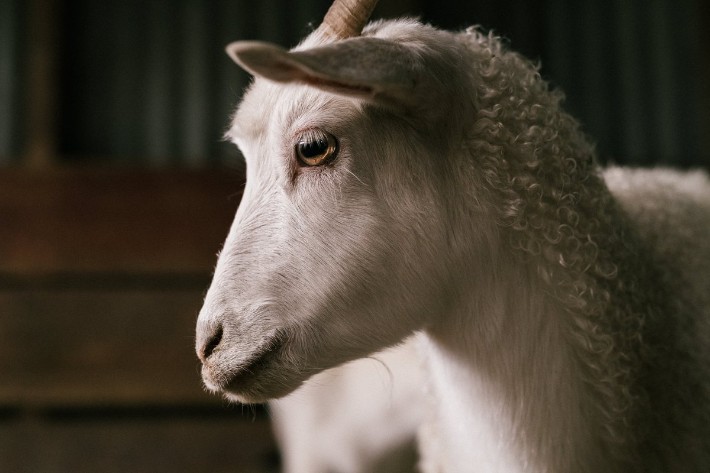
The name “Cashmere” comes from an old spelling of “Kashmir”, the region where its production and trade originated. Cashmere has the title of “Soft Gold”, “Fibre Gem” or “Fibre Queen” since ancient times. Cashmere is known for being one of the softest fibres in the world. Its thin hairs mean that it can be woven into extremely soft garments and it is long lasting.
The history of cashmere
In the 13th century in Mongolia, Marco polo discovered the wild goats in some caves. Therefore, it is likely that long time ago, some shepherds raised these goats to provide extra warm wool clothes against the harsh winter there.
Until the 19th century, Europeans discovered precious wool later known as Kashmir. These goats live at an average altitude of 4,000 meters, and now domesticated are also known as Pashmina goats. To cope with the long winter that lasted six months and to withstand temperatures of -40 degrees, the animals were covered with thick wool coats made of long hair.
Historically, cashmere has been a luxury fibre that only the rich and influential can afford. It is said that Napoleon gifted his wife with several cashmere scarves. Many European nobleman also use cashmere products as status symbols.
Why is cashmere more expensive than other kinds of wool?
Cashmere is made from the hair of certain goats, and more specifically, from the hair of the neck of cashmere goats. Cashmere is a thin layer of fine wool that grows on the outer skin of goats. It grows in winter and can withstand cold. When spring warms, it falls off naturally and grows with the weather. Cashmere is a rare special animal fiber and mainly produced in cashmere goats. Cashmere is compared to "Soft Gold" because its output is very small (only 0.2% of the world's total animal fiber production).
How to grade cashmere?
One of the most important factors determining the quality of cashmere is the thickness of the fibre. Garments made of long and thin fibres is generally considered to be of high quality because they tend to retain longer shapes and are more durable than short-haired, dense cashmere fabrics. This change in thickness and length of cashmere has led to many cashmere grades, and it is generally considered that the best quality is the hair with a diameter of 14 to 15.5 microns.
At BONZ, each aviator jacket requires an average of 30 lambskins, because each skin is unique, our staff need to sort through 800 skins per batch to find the 30 BONZ jackets hidden in it.
Characteristics of cashmere
1.Warm
Cashmere keeps you warm, but you don’t feel hot in it. Perfect insulation properties work magic.
2.Lightweight
Cashmere fabrics are lighter than most wool clothes but beat them in winter.
3.Silky soft
Cashmere is one of the softest yarns, with a silky texture.
4.Durable
High quality cashmere lasts years of regular wear if it is properly cared for.
5.Full of elasticity
It’s comfortable and natural to wear with good reduction characteristic, especially not shrink after washing with good mode-holding nature.
